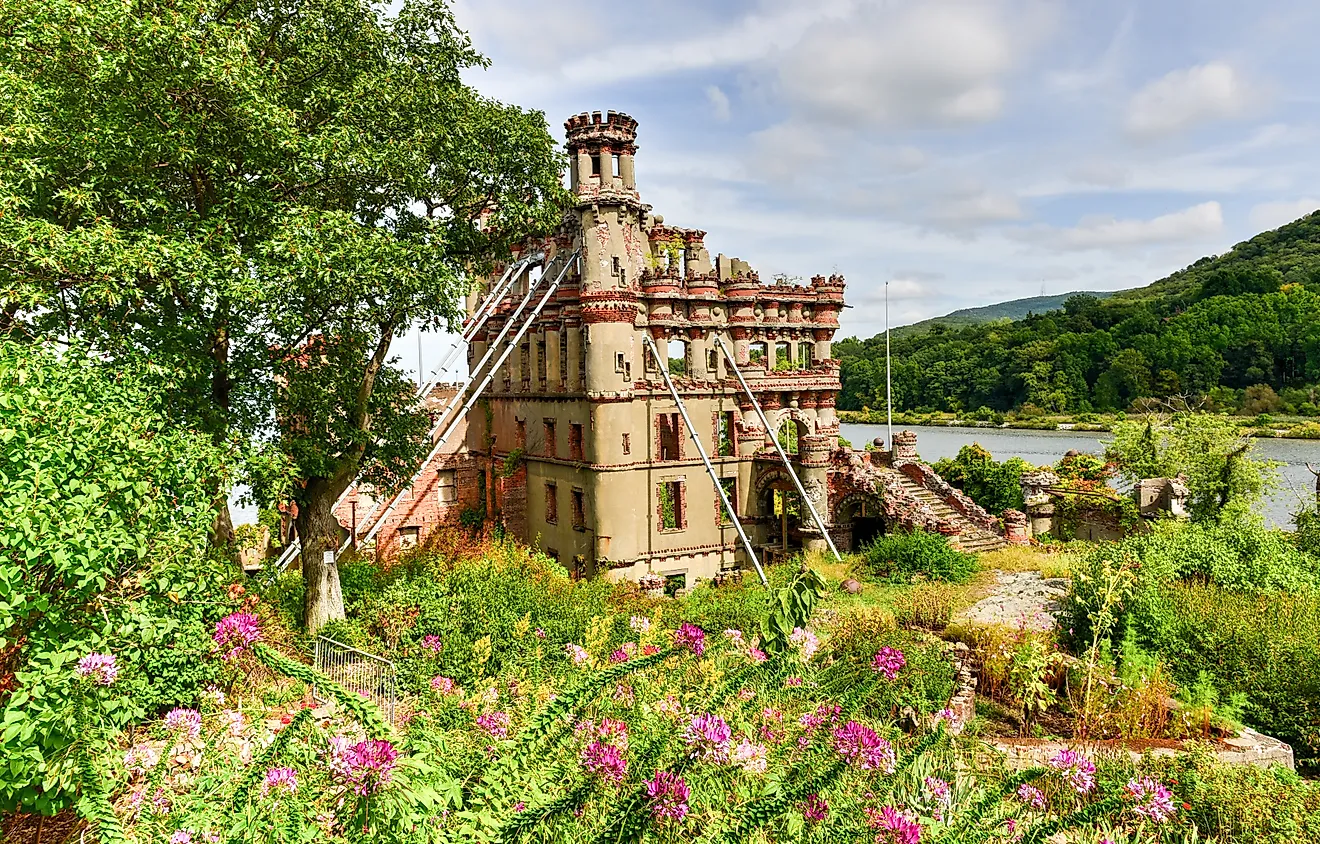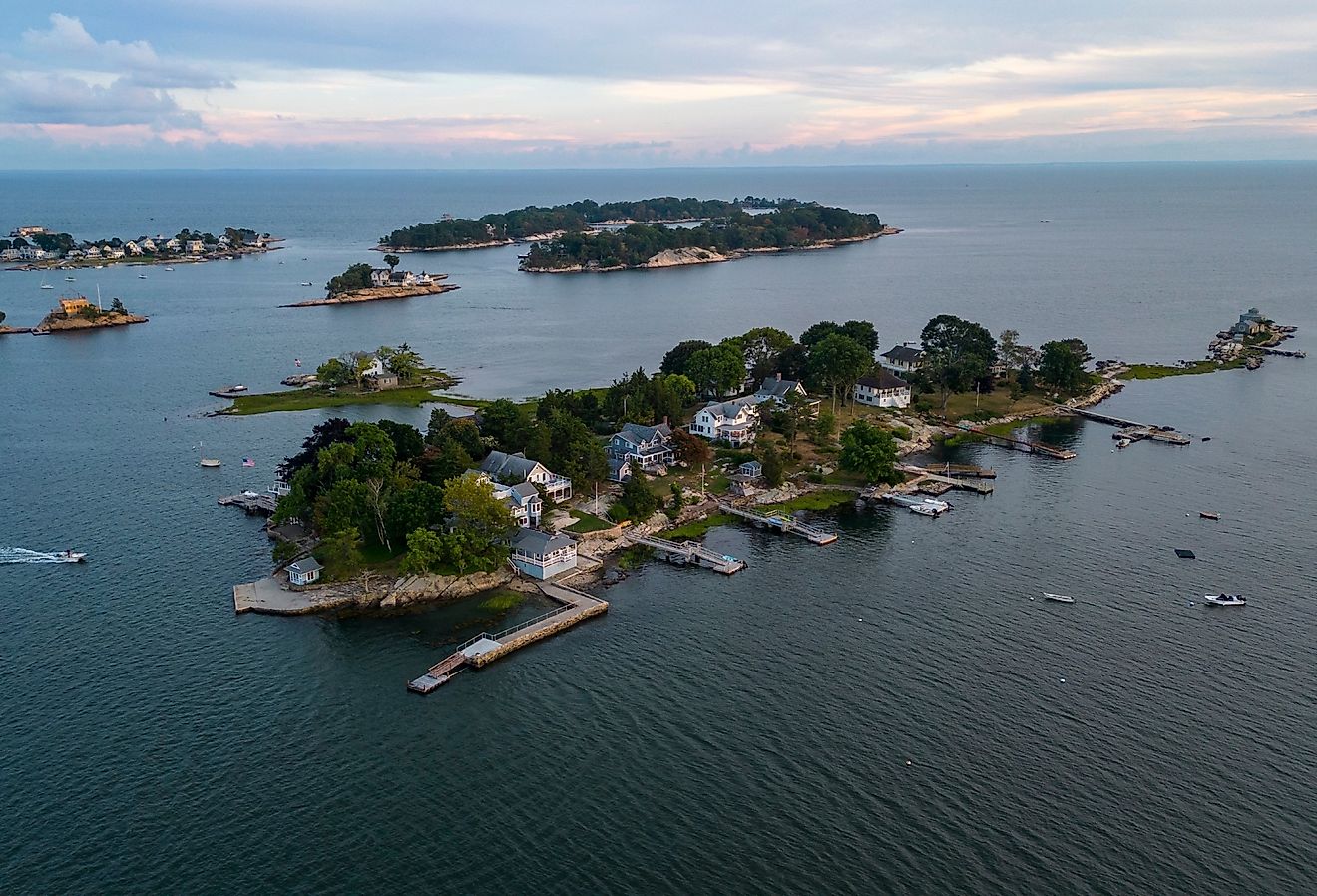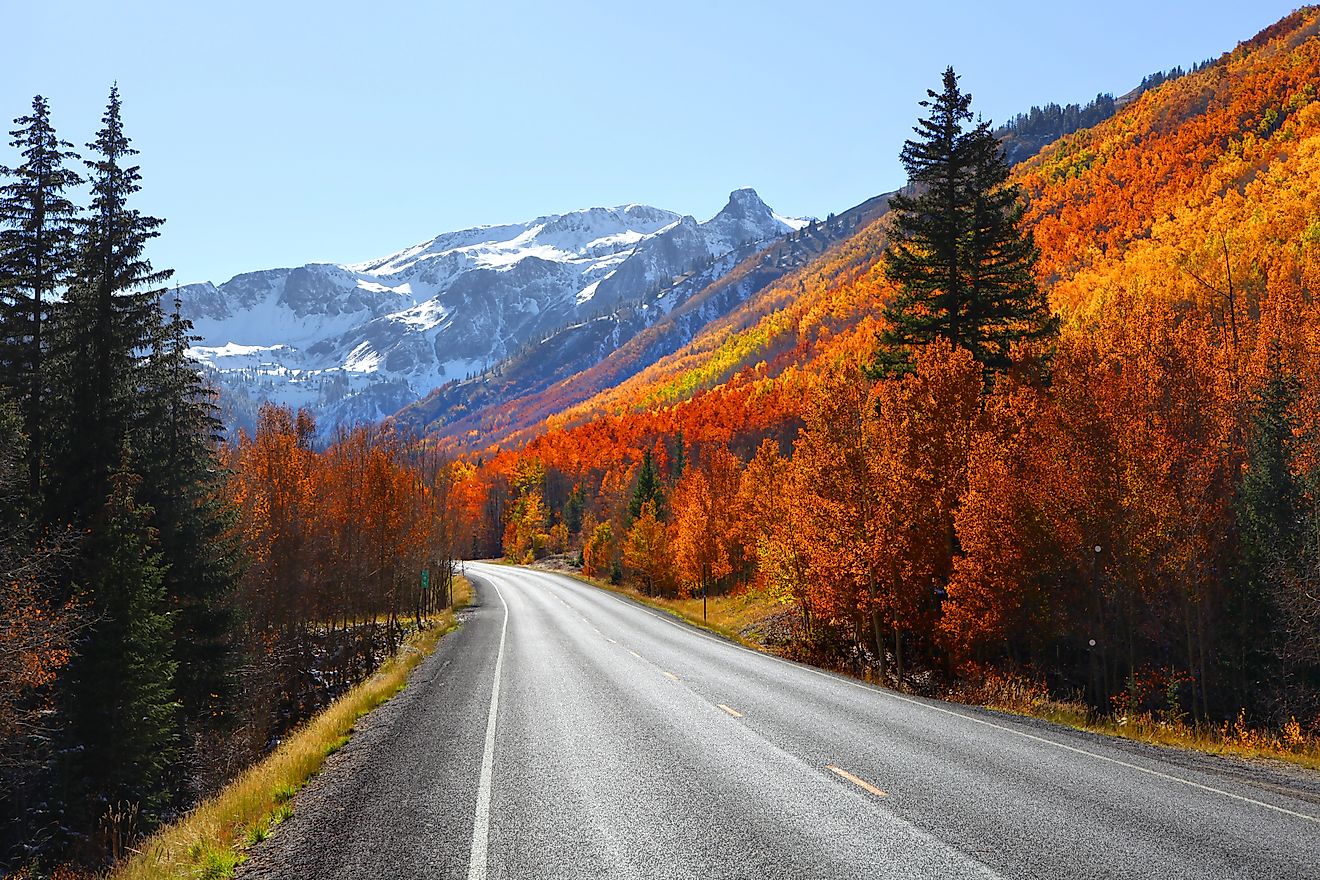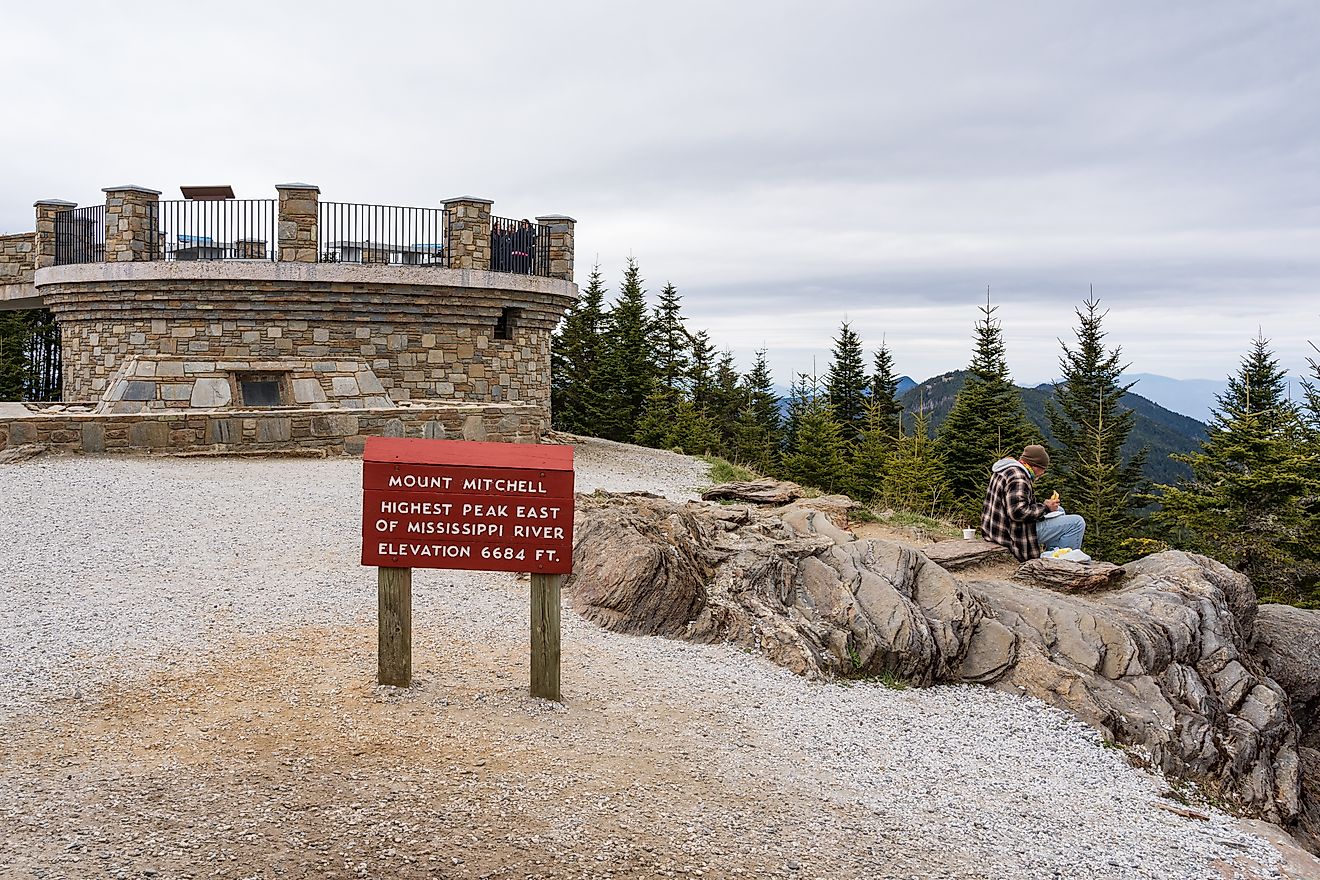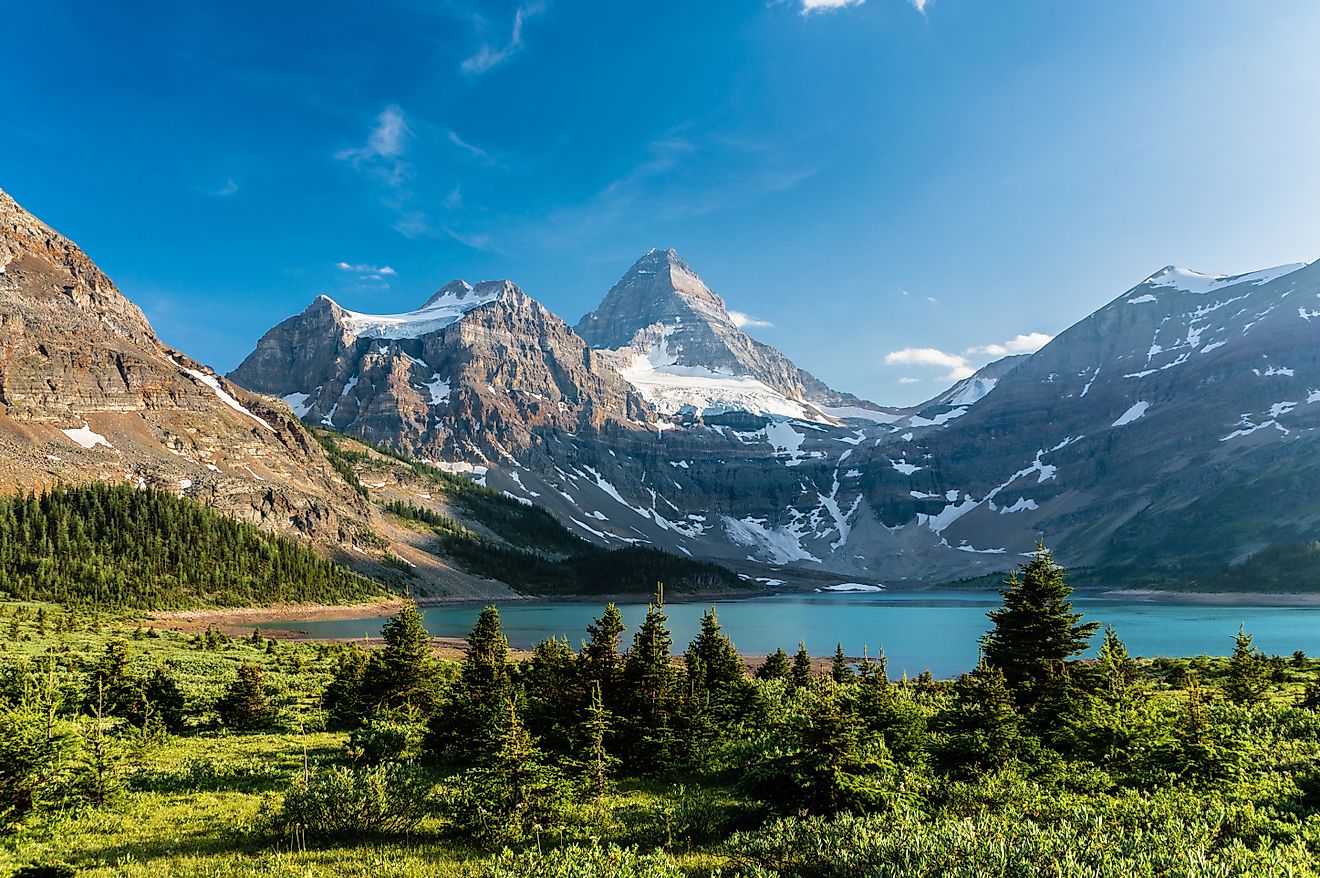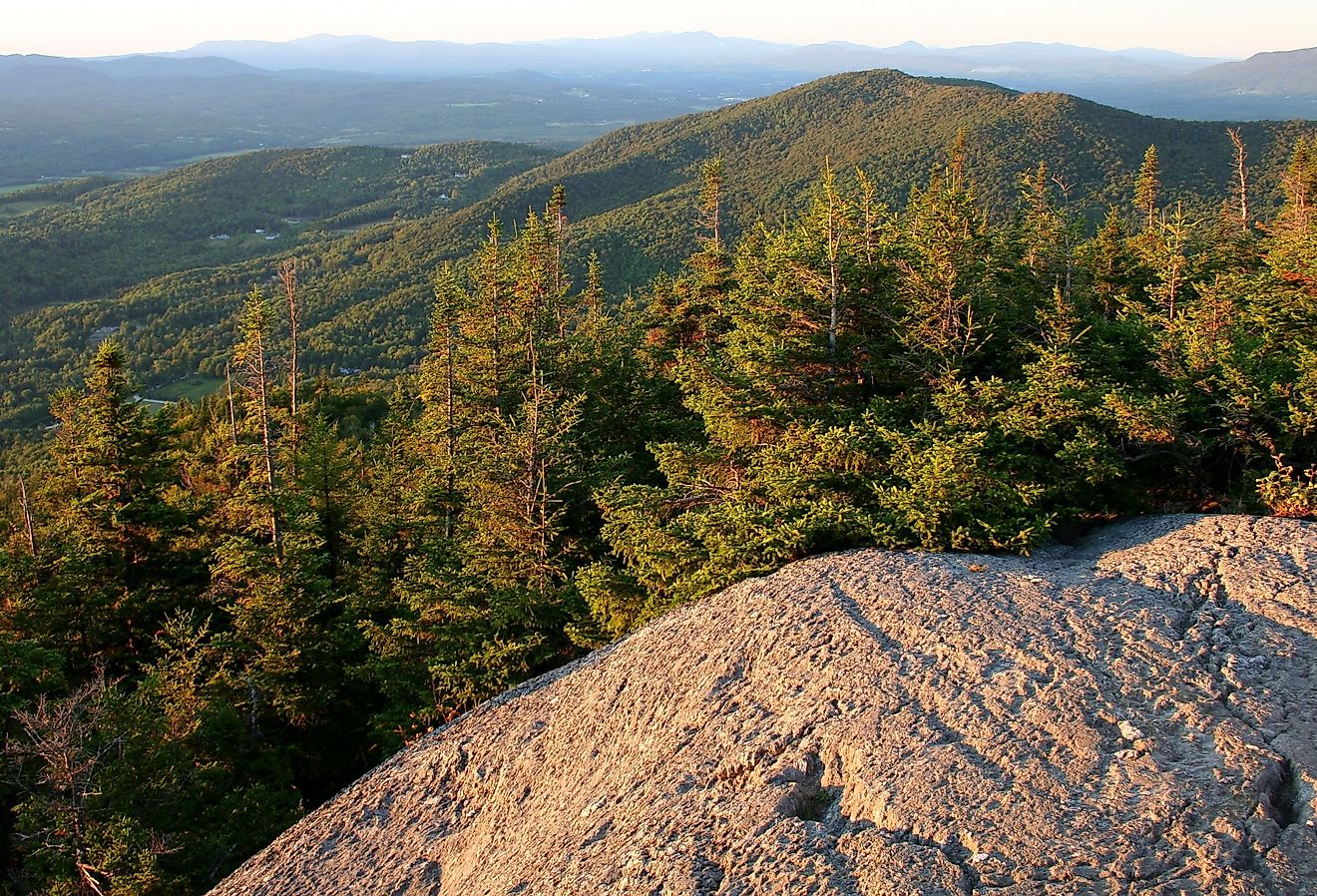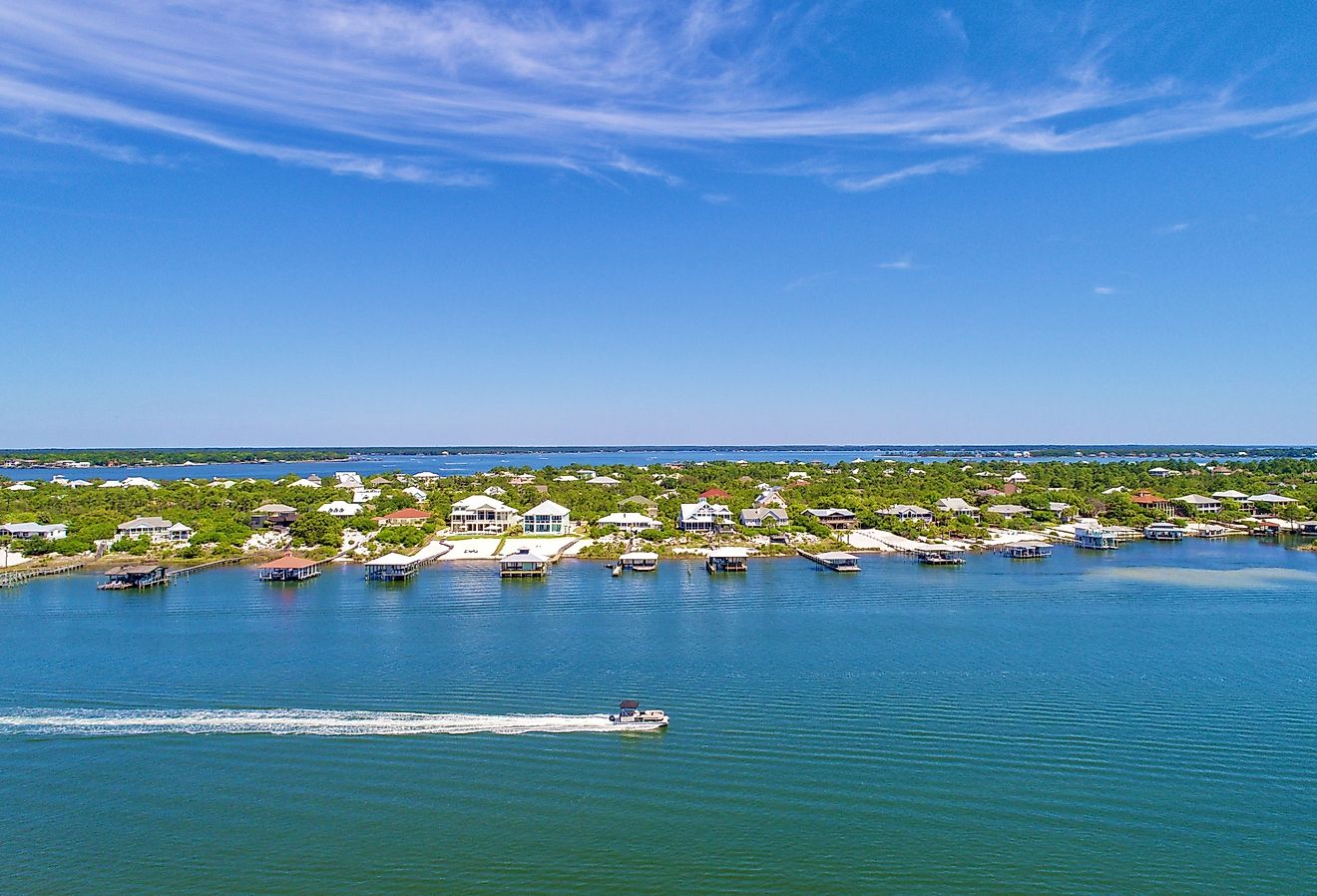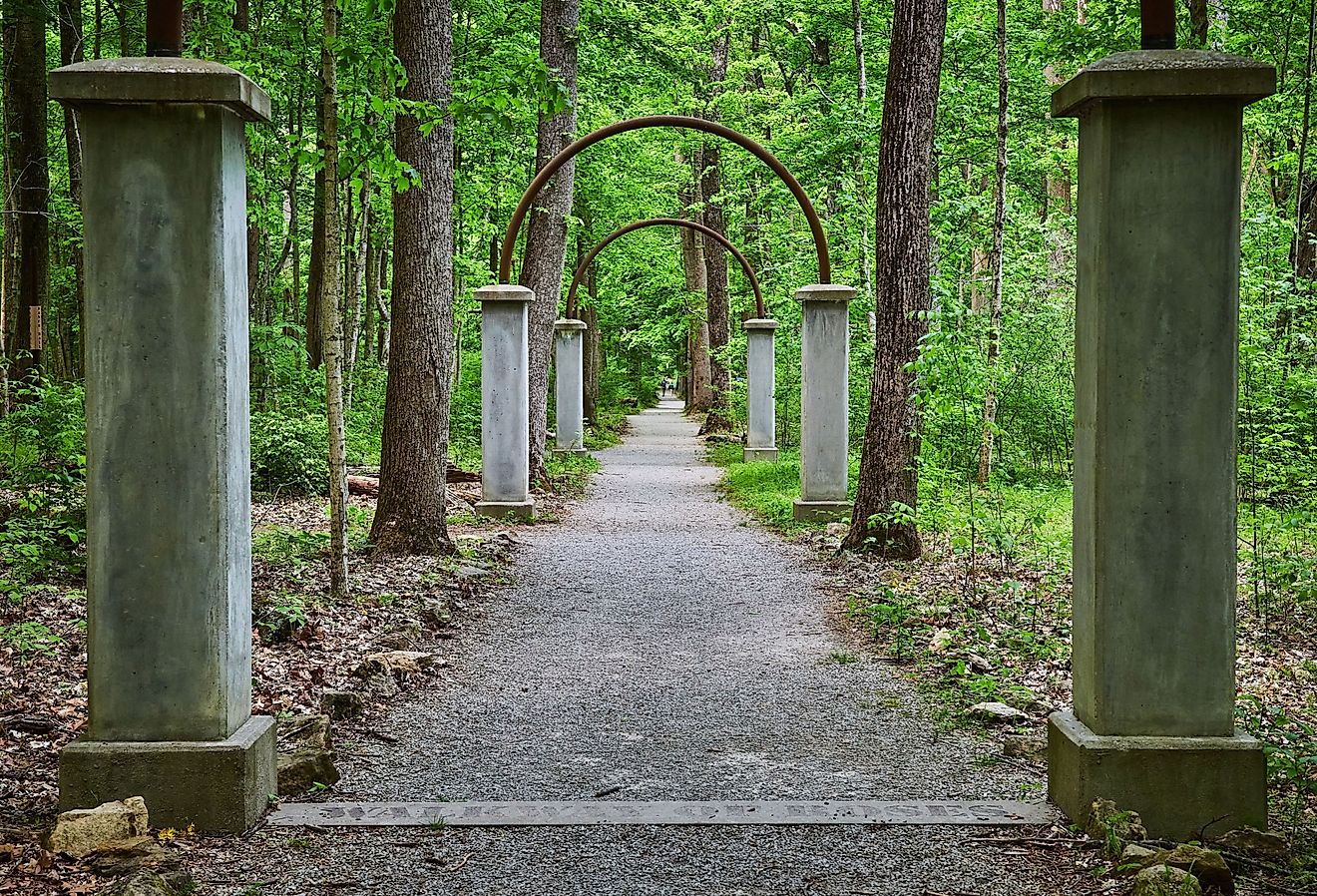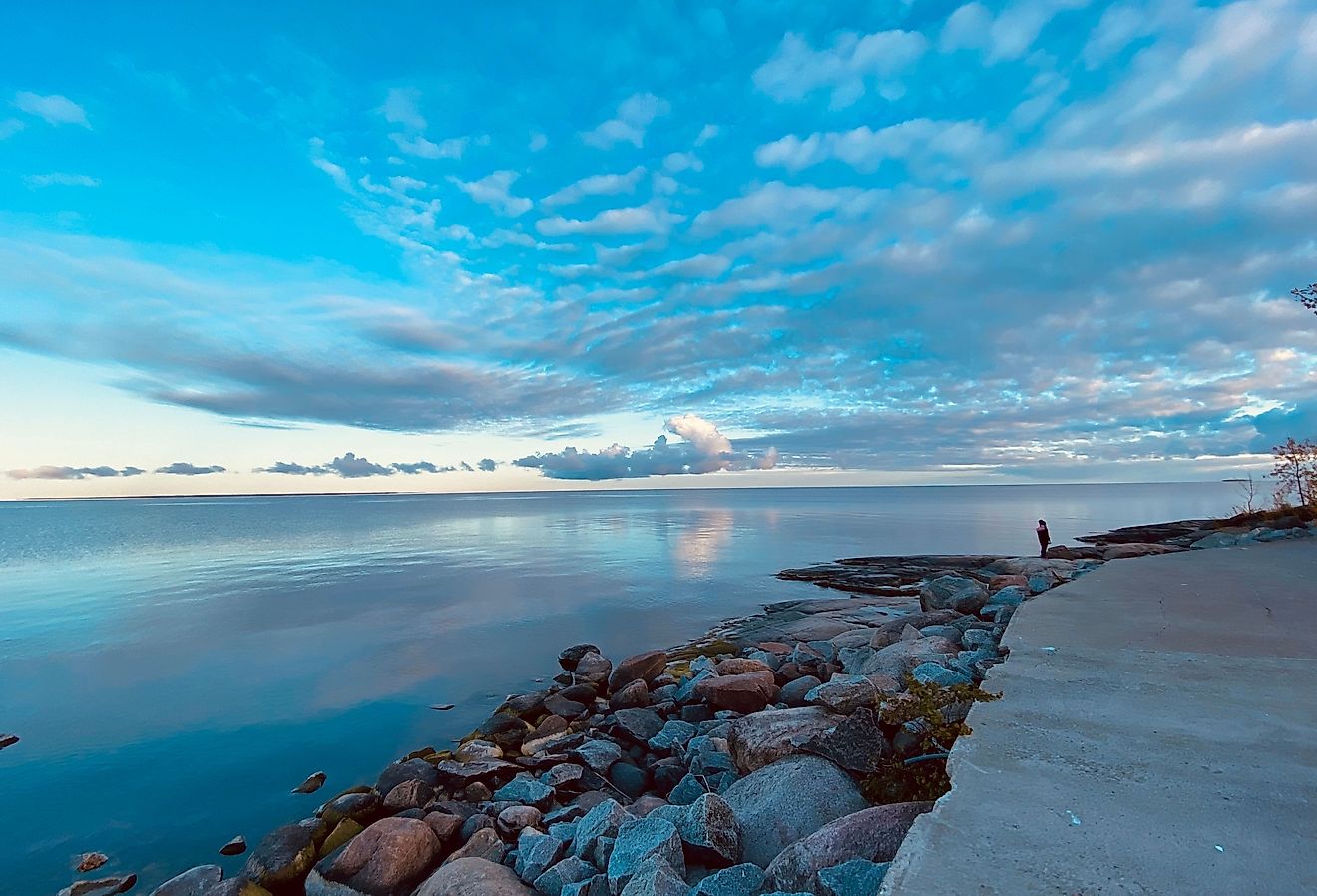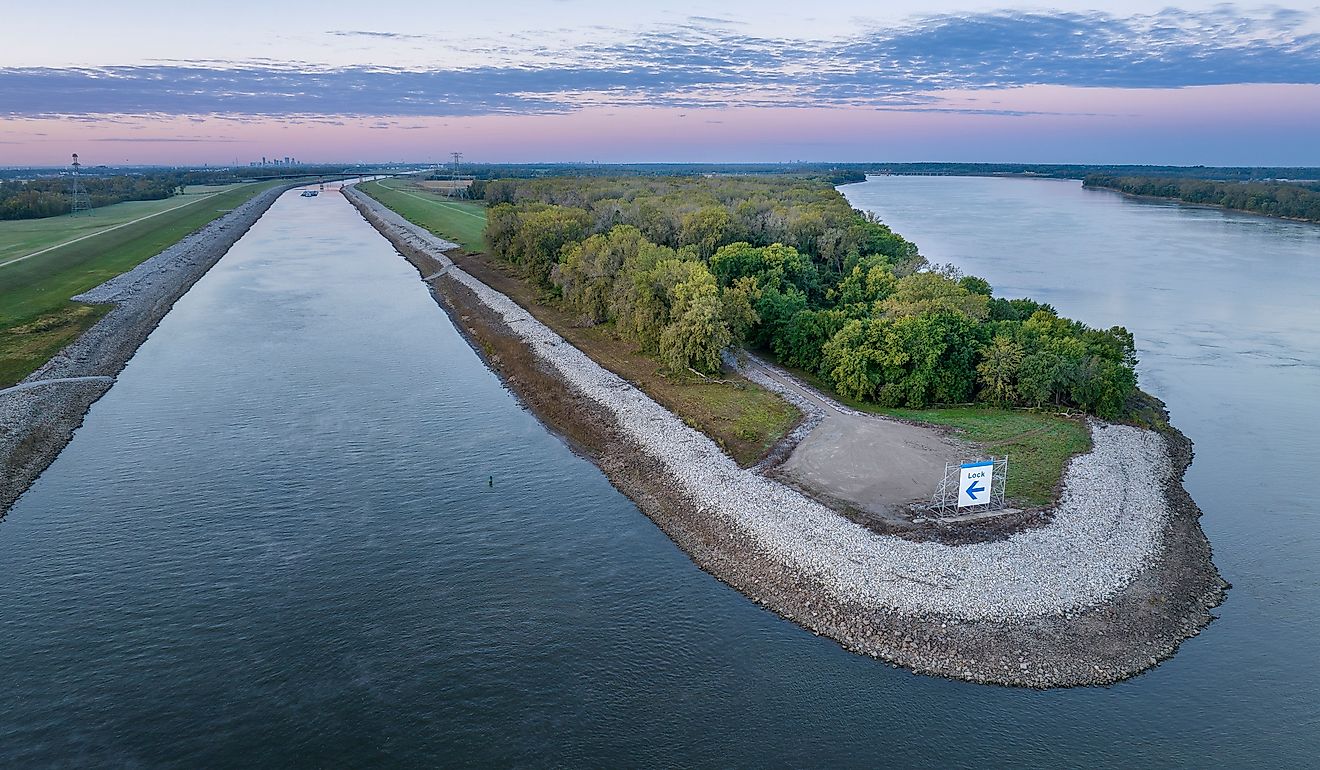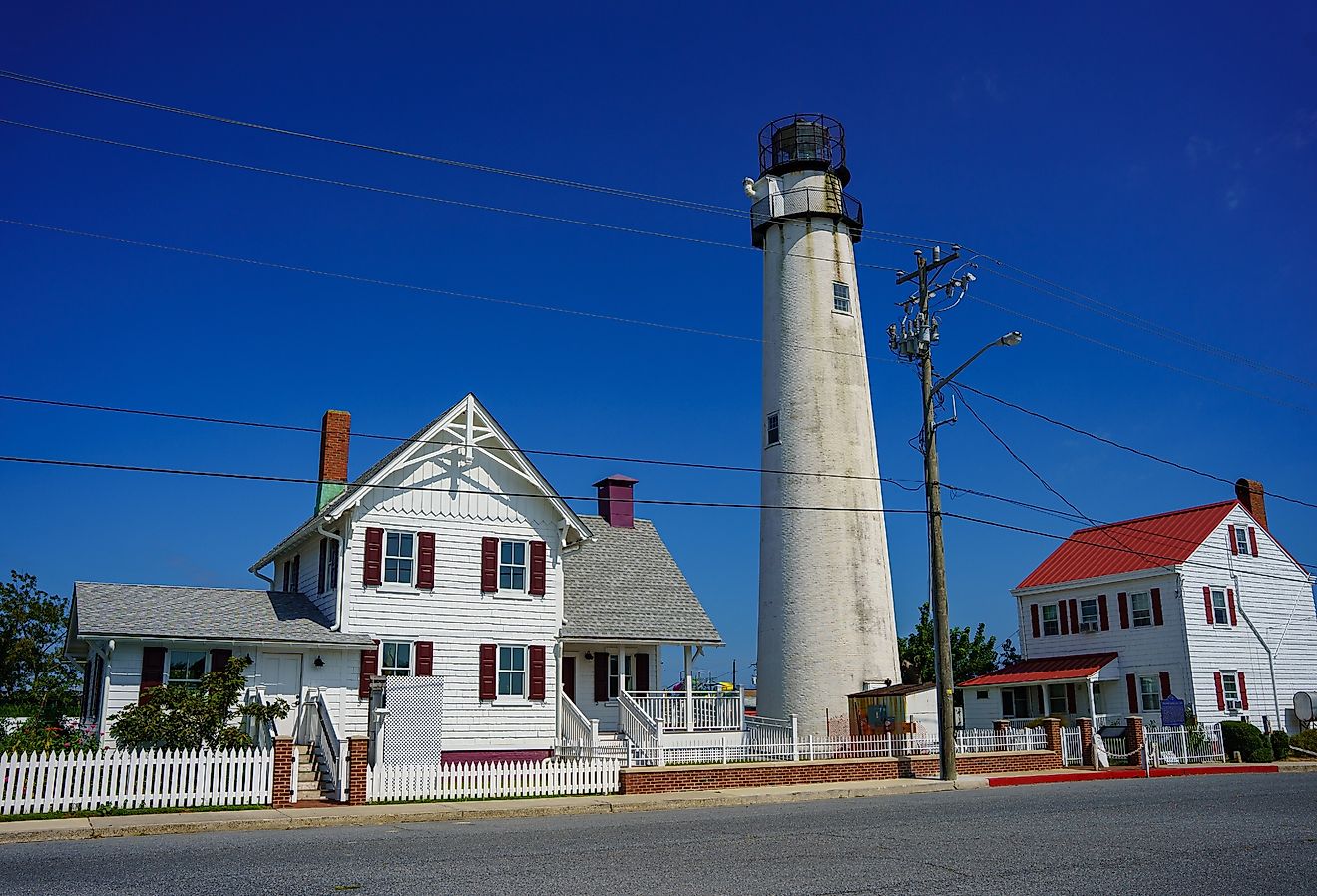
9 Most Spectacular Valleys In The United States
There is something inherently fascinating about a sprawling valley. The surrounding mountains, or other natural barriers, and either the fertile or barren landscape within make it difficult for the eyes to decide what to focus on. These spectacular environments demand to be explored, which can create another tough decision of whether to strive for a higher viewpoint or to head down into the thick of the action. The following are nine such places within the United States that will present all kinds of lovely dilemmas.
Yosemite Valley, California

The focal point of Yosemite National Park, this valley is one of the most recognizable landscapes in the world. The 4,000-foot-deep glacially-carved phenomenon houses iconic features such as El Capitan, a massive and sheer granite face that beckons the world's best rock-climbers; Half Dome, another impressive face for big-wall climbers, as well as an awe-inspiring hike up the backside, and loads of impressive waterfalls flowing over the steep cliffs. Over 4-million visitors roll through Yosemite National Park each year, and just witnessing Yosemite Valley is a big reason why.
Monument Valley, Arizona/Utah

Monument Valley Navajo Tribal Park (known as Tse'Bii'Ndzisgaii in Navajo) spans 91,696 acres throughout the Navajo Indian Reservation and across the Utah/Arizona state line. Freestanding sandstone buttes jut sporadically out of the terrain to heights between 400 and 1,000 feet throughout this photogenic valley. These rock pinnacles stand proud over the red earth, creating a mysterious landscape easy to anthropomorphize. The park offers a 17-mile scenic loop for visitors to drive, though be aware that the dirt road can be a bit tough going at times.
Death Valley, California/Nevada

There is an allure in the inhospitable. Death Valley National Park is the hottest and driest place in North America, and it sits at the lowest elevation on the continent (282-feet below sea level). Death Valley typically receives fewer than 2-inches of rain each year, and in the Summer of 1913, the thermometer registered a sizzling 134-degrees Fahrenheit. But within the extremes of this Northern Mojave Desert region, life of all kinds has learned to adapt. Evidence of human presence dates back at least 9,000 years. Over 1-million people currently visit the park each year. Nightfall brings out bobcats, kit foxes, and rodents, and the occasional rainstorm allows fields of wildflowers to flourish briefly.
Kalalau Valley, Hawaii

From the barren desert, we now move to the lush Kalalau Valley along the Nā Pali Coast on the island of Kauaʻi. Aside from the remarkable beauty, one of the appealing aspects of this valley is that it can only be accessed via an 11-mile strenuous hike starting from Ke'e Beach. Because the trail is slow-going, a minimum of one or two nights of camping in the valley is realistically required. This enhances the immersive experience in the prehistoric-looking environment, complete with sharp cliffs, pristine waterfalls, thick tropical forests, secret caves, and a remote, unspoiled beach. Permits must be obtained in advance from Nā Pali Coast State Park to venture into Kalalau Valley.
Verde Valley, Arizona

Verde Valley blends Arizona's quintessential red rock landscape with the sprawling greenery of which the name suggests. The valley's 1,200 square miles encompasses many unique communities, including Camp Verde, Clarkdale, Cottonwood, Jerome, Sedona, and Yavapai-Apache Nation. The 170-mile-long Verde River bisects the valley, and mountains and national forests roam throughout. The easily accessible landscape provides ample opportunities for hiking, mountain biking, fishing, camping, or just driving the scenic roads.
Shenandoah Valley, West Virginia/Virginia

The Shenandoah Valley sprawls 140-miles through Northwestern Virginia and the Eatern Panhandle of West Virginia. It is contained by the Blue Ridge Mountains to the East, and the Allegheny Mountains to the West. The valley is home to many quaint towns, the scenic Skyline Drive/Blue Ridge Parkway, and the 200,000 acre Shenandoah National Park. Other popular ways to explore the region include hiking through the lush, rolling hills, including on the famous Appalachian Trail, as well as paddling along the James, Maury, Middle, and Shenandoah Rivers.
Matanuska-Susitna Valley, Alaska

The magnificent Mat-Su valley is easily accessed from the city of Anchorage via car or the Alaska Railroad. This gigantic region looks into Denali State Park, including the titular peak, the tallest in North America, other soaring peaks, captivating glaciers, and 23,000 square miles of the classic Alaskan wilderness. There is also surprisingly fertile farmland throughout this area, which, combined with the long summer days, produces massive vegetables, the crown jewels of which are shown off at the Alaska State Fair. For a point of reference, a 138-pound cabbage was once showcased.
Logan Pass, Montana

Within Glacier National Park is the 6,646-foot Logan Pass. This subalpine environment produces fields of colorful wildflowers which look like offerings to the towering Reynolds and Clements Mountains. This unique ecosystem is home to mountain goats, bighorn sheep, marmots, pikas, and even some black and grizzly bears. Though the views remain completely unspoiled, Logan Pass is actually accessible by car and is a rather popular spot within the already highly-visited park. The best way to quietly explore the pristine region is to go for a hike. There are many options to choose from based on fitness, experience, and duration. It is even possible to summit several of these Continental Divide mountains to get an even better view of the already memorable valley.
Hudson Valley, New York

The Hudson Valley stretches 150-miles North of Manhattan, following the glorious Hudson River all the way to Albany. The slower pace and natural beauty of the Upstate New York valley offer a welcomed respite from the big city. Because of its history, scenery, and many cozy communities peppered throughout ten counties, the Hudson Valley has been designated as a National Heritage Area. This whole region is easily accessible by train, meaning visitors do not have to fight the New York traffic and instead can just sit back and enjoy the pleasing views as they unfold. Upon arrival, wherever you choose to get off, the fresh foliage, friendly small towns, and endless wanderings await.
The United States presents every imaginable natural environment. These valleys are spectacular for a variety of unique reasons. They cover the spectrum of snow-capped peaks to scorched desert, from well-traveled to rarely explored, from coast to coast, and from the lower 48 states to Alaska and Hawaii. No matter where you find yourself throughout the country, you are never far from the great expanse of the American wilderness.
